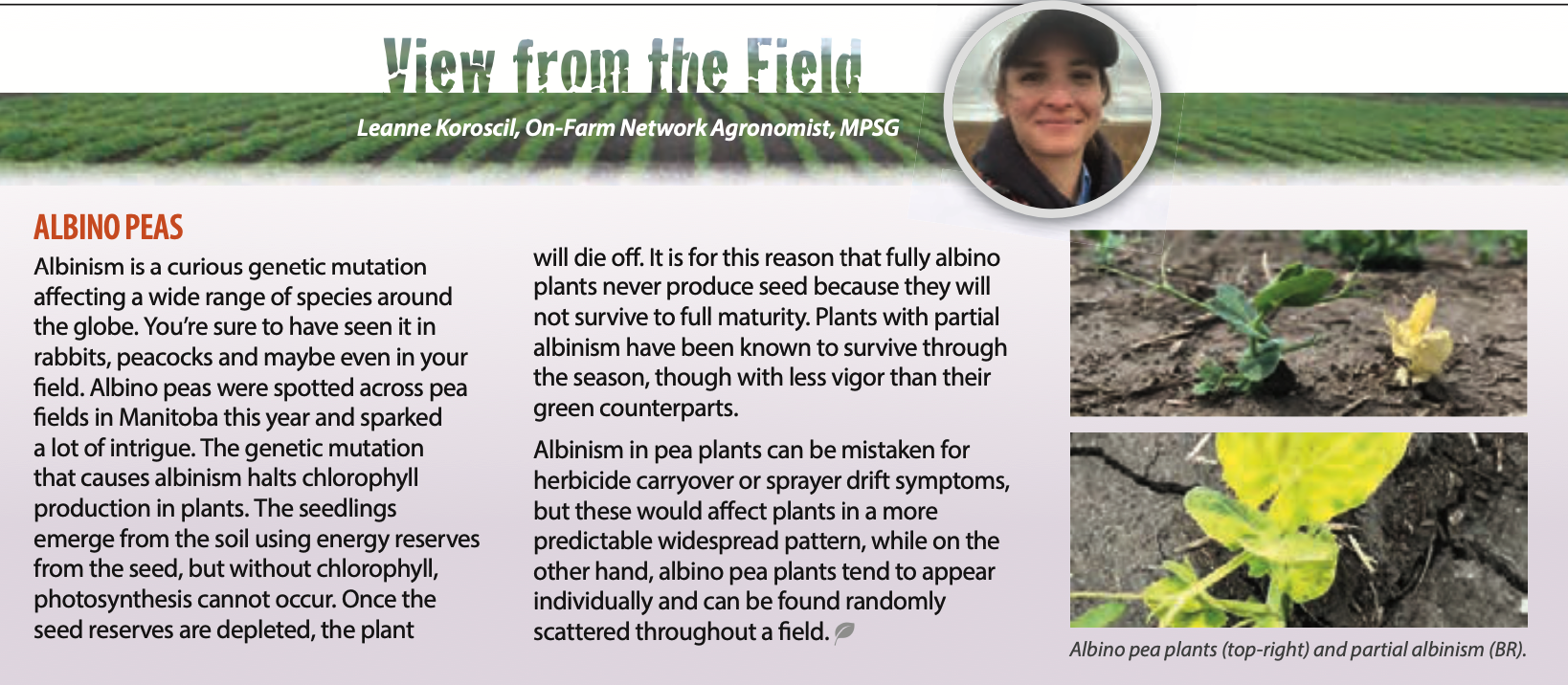Erin Gowirluk, Executive Director, Grain Growers of Canada
Pulse Beat 96, Fall/Winter 2022
CANADIAN GRAIN FARMERS want to lead the development of the policies and programs that will shape agriculture’s contributions to Canada’s net-zero commitment. Canada is a big country and our agricultural landscape is varied. Green agriculture policy cannot be developed solely in boardrooms on Parliament Hill. Policymakers need to work with farmers through direct and early consultations if we want to achieve our net-zero goals.
Let us start with the facts. Over the last 20 years, Canada’s agriculture sector has reduced our greenhouse gas (GHG) emission intensity by 50 per cent, compared to 36 per cent for the total economy. Already innovators by nature, farmers enacted this change without any regulation requiring them to do so.
Seeing how impactful the farmer response has already been on this issue (through emission-reducing actions, not simply words), our association announced the Road to 2050 initiative to reach net- zero emissions from grain farmers by 2050. By creating a regulatory environment that relies on farmers’ expertise, we can provide direction to the federal government on policies and programs that will help meet the unique needs and opportunities within our sector.
While we are all committed to reducing our environmental impact, we face looming challenges as global insecurity has resulted in more of the world’s population falls victim to food shortages.
We have a moral obligation to consider the impact of our environmental policies on production. Governments worldwide must be encouraged to apply a productivity lens to each of these policies and programs to ensure that we do not put farmers and the rural economies they support at risk. We must continue to look for new and innovative ways to do what Canadian farmers have been doing for generations – growing more food on less land with fewer inputs. It must be about sustainable intensification if we are going to increase the global supply.
Farmers are on the front lines of climate change. Last summer, western Canadian farmers faced a devasting drought. Climate events like this are increasing, both in frequency and intensity, and putting farmers’ livelihoods and the global grain supply at risk. As a result of a global policy shift on production practices and access to key inputs, farmers also face record- high fuel and input costs accompanied by policies that seriously impact productivity.
An increase in agri-food production will not only help offset some of these higher costs (and keep farmers profitable) but will also contribute to the global grain supply for a growing population and increasingly food-insecure world.
So how do we achieve this increase in the face of rising adversity? The key is access to innovation and science-based policies. For example, the introduction of herbicide-tolerant crops combined with herbicides has resulted in the widespread adoption of no-till or conservation tillage practices in Canada. These practices have significantly improved soil health and dramatically lowered the carbon footprint of Canadian farms.
Canadian farmers are also looking to use biotechnology and new genomic techniques (NGTs) to contend with the effects of climate change, including severe droughts, more extreme weather events and increasing pest pressures.
However, in the global context, we can’t lose sight of the fact that there is more than one way to achieve our collective sustainability goals. Differences in cultures, environments and economies all impact individual regions’ production systems and needs. As the EU considers policies to incentivize sustainable food production, we hope that governments will adopt flexible, outcome-based approaches to ensure other jurisdictions can use the sustainability approaches that produce the best results in their region and on their farms.
We have an opportunity to shape agri- environmental policies that will have a very real impact at the farm level. It is critically important that the Road to 2050 generates a robust set of meaningful recommendations that remind the government of the need to understand the impacts of policies and programs on production. We look forward to releasing our recommendations in the spring of 2023.

